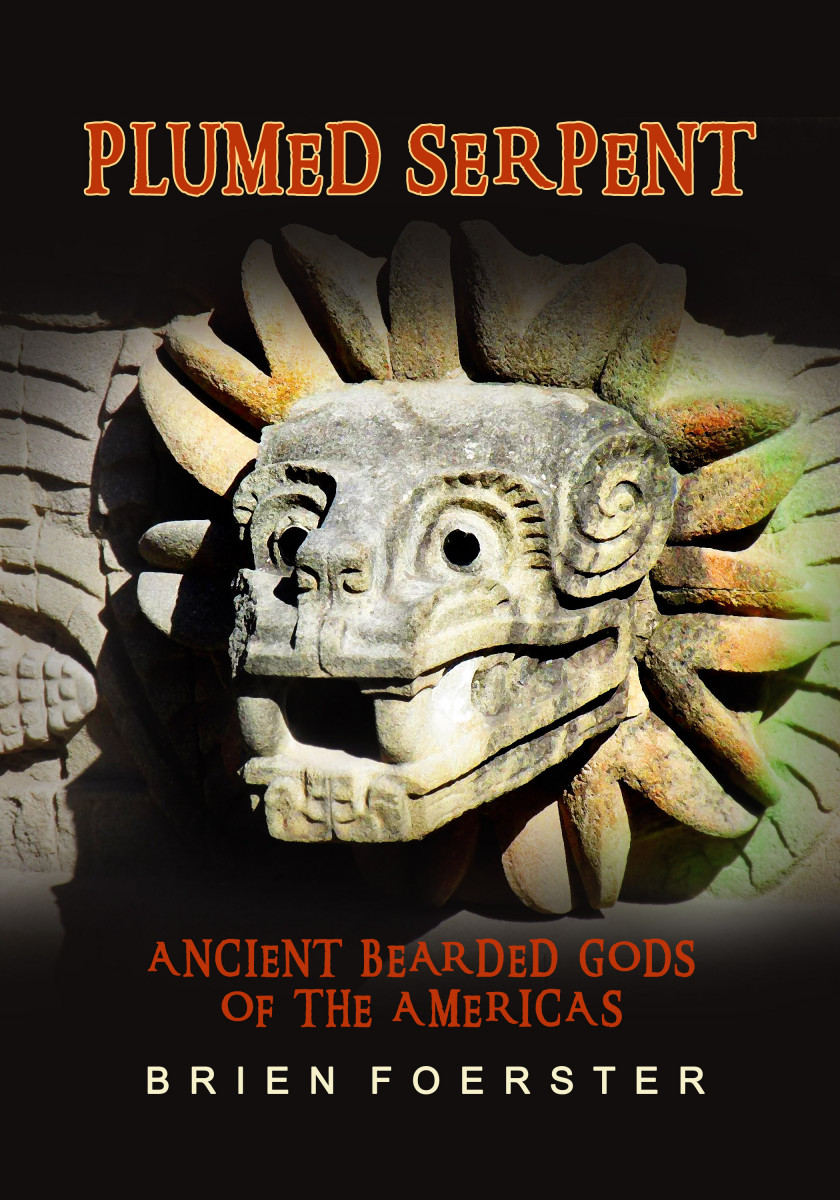
The Great Company of the Gods say to Thoth who dwelleth in Khemenu: That which cometh forth from thy mouth shall be declared true. The gods laud Ani, saying that he speaks the truth, and that he shall escapes the jaws of Ammut. There hath not been found any wickedness in him he hath not wasted the offerings which have been made in the temples he hath not committed any evil act and he hath not set his mouth in motion with words of evil whilst he was upon earth. The heart of Osiris hath in very truth been weighed, and his Heart-soul hath borne testimony on his behalf his heart hath been found right by the trial in the Great Balance. Thoth, the judge of right and truth of the Great Company of the Gods who are in the presence of Osiris, saith: Hear ye this judgment. The texts relating to the weighing of the heart in the Halls of Ma'ati where Ani's heart is proven to be the same weight as the feather. The spells were written both on papyrus and on the walls of tombs.Īni's papyrus is full of hymns and praises to the deities (Osiris, Ra and Hathor) and various speeches and spells to get him past the tests and judgements of the underworld.

This collection has come to be known as The Book of the Dead, though it is not a book, per se. The papyrus goes through many of the spells used to be able to survive the afterlife, as well as hymns of praise various gods. This version of the book is filled with beautiful pictures of Ani and his wife as they travel through the land of the dead, and to the Halls of Ma'ati and beyond.

One of the best preserved copies of The Book of the Dead (known to the ancient Egyptians as prt m hrw 'Coming Forth by Day') comes from 'The Papyrus of Ani', written in 1240 BC.


 0 kommentar(er)
0 kommentar(er)
